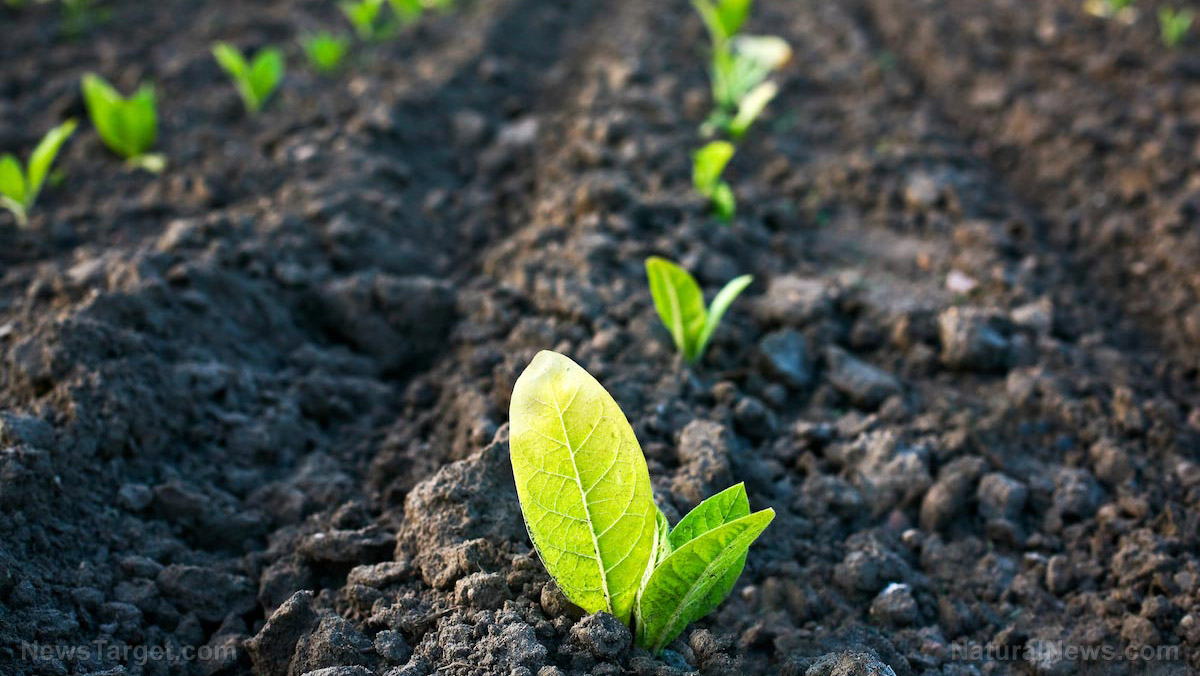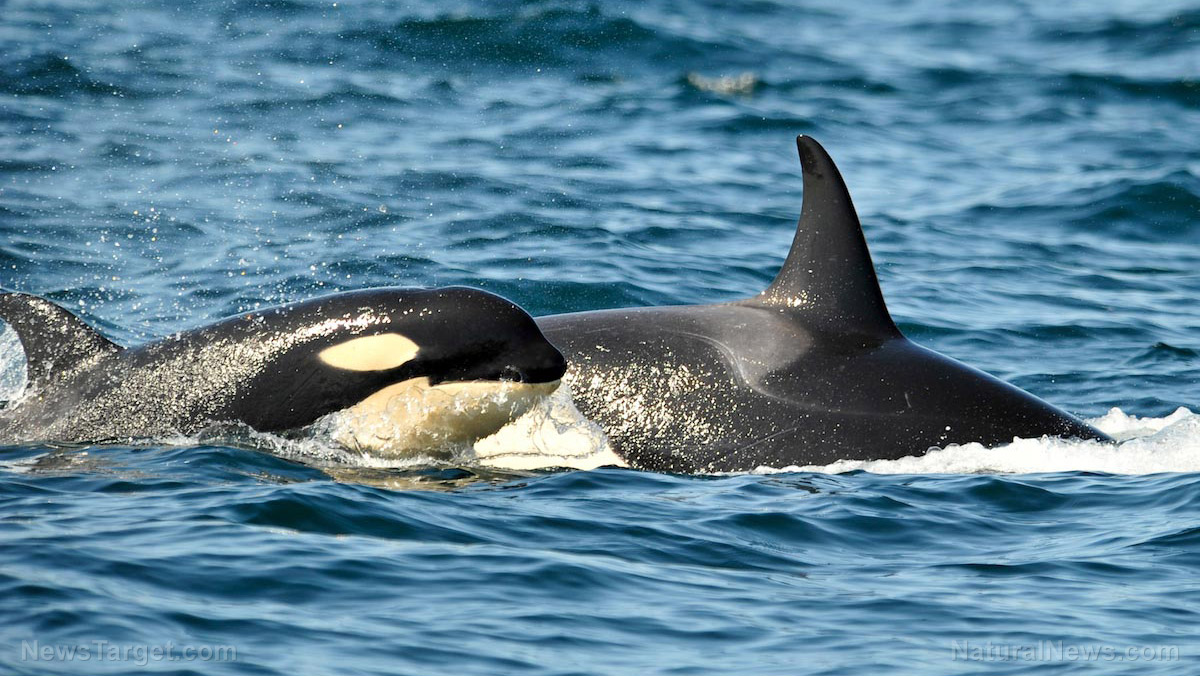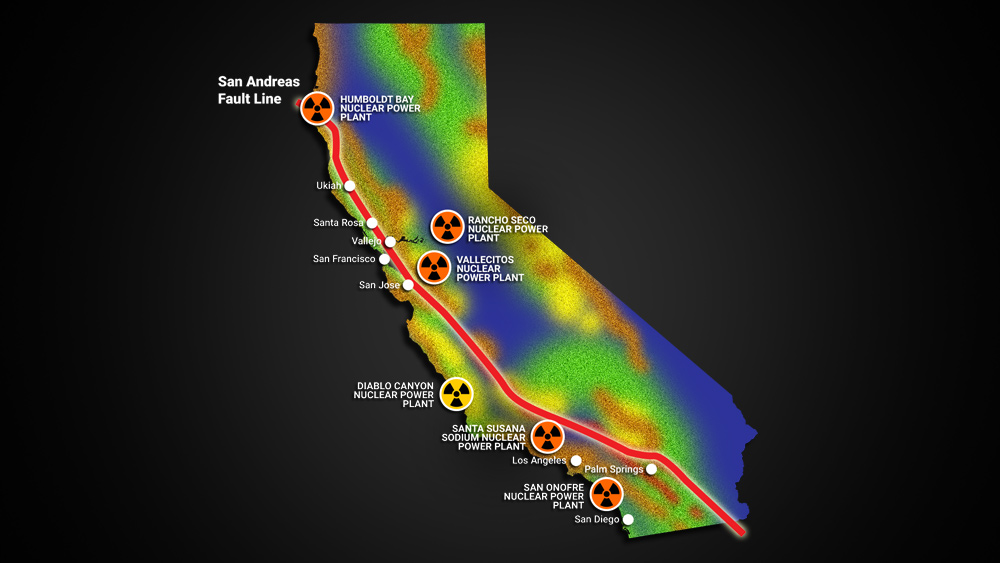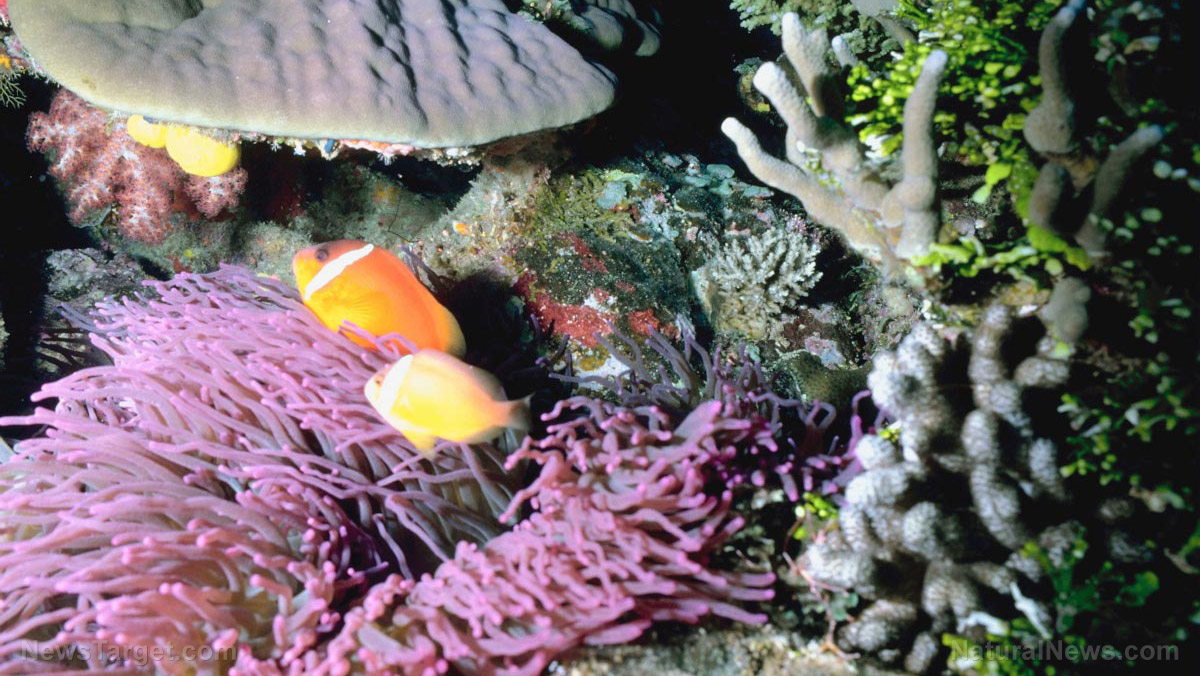Experts warn that the amount of plastic pollution in our oceans will triple in just 7 years
04/17/2018 / By Lance D Johnson

The amount of plastic pollution in our oceans is set to triple over the next seven years, according to a report from the U.K. Government Office for Science titled Future of the Sea, Plastic consumption is only expected to grow as recycling efforts fail to keep up with the problem.
The report states:
Plastic in the ocean is projected to triple between 2015 and 2025. Plastic does not decompose, instead breaking down into ever smaller pieces. The full effects are not understood, but there is growing evidence of plastic harming sea creatures and restricting their movement, as well as polluting beaches.
Roughly 300 million tons of plastic are produced annually and approximately thirty million tons of that plastic gets dumped into the waste system, not recycled. Only ten percent of plastic waste is being recycled. This is deeply concerning because plastic items can take up to one thousand years to decompose in the environment. Plastic doesn’t always decompose, either. It breaks down into smaller pieces, concentrating in the world’s oceans and interfering with wildlife.
The plastic gyre interferes with the movement and migration of marine life, entangling fish, resulting in injury and death. Plastics also contain a chemicals that can interfere with marine life reproduction and development. The fish that people depend upon for food are being poisoned, injured, or maimed by plastic pollution. (Related: San Francisco Bay shellfish found to be contaminated with four different types of toxins.)
Massive plastic aberration growing in Pacific Ocean
There is roughly 50 million metric tons of plastic pollution in the world’s oceans. By 2025, that amount is expected to triple, as the pollution grows to 150 million metric tons. Mankind is entering a period of history where plastic will rule and pollute every aspect of life. Even if, by miracle, all the plastic consumption ends now, the next ten generations of people will have to put up with the pervasive plastic pollution that our generation left behind.
More than 18 billion disposable diapers are thrown away in the U.S. every year. These blobs can take up to five hundred years to decompose in landfills. Plastic bottles take up to 450 years to decompose. Aluminum cans take up to 250 years to decompose. Paper items take just six weeks to break down.
This garbage is swept up in ocean currents, where it accumulates into massive aberrations. The once pristine oceans are rapidly becoming infected by mankind’s reckless consumption habits. The beauty of the natural world is taken for granted as plastic masses form in the Pacific Ocean. Since 2012, a massive gyre of plastic has been growing in the Pacific. Like an invasive cancer, this gyre is devastating wildlife in the Midway Atolls. A video by the Guardian shows the severity of the issue at hand, as a diver tries to make his way through a sea of plastic garbage.
As the video shows, future divers won’t be able to peruse the beautiful coral reefs without running into floating garbage. Future beachgoers will be splashing in pools of plastic, as the ocean waves return the garbage to shore. Future fisheries will have to navigate through piles of garbage to find their catch, if they can find what’s left. Just as fish choke on the plastic that has infested their ecosystem, so will people choke on the devastation that their pollution has wrought. (Related: Toxic sunscreen chemicals decimating coral reefs.)
Proper recycling of plastic, aluminum, and paper can save a tremendous amount of landfill space, and keep tons of pollution from entering the world’s waterways and oceans, safeguarding our future and protecting the beauty and cleanliness of the Earth’s oceans.
For more on recycling, protecting the oceans, and mitigating plastic dependence, visit Enviro.News.
Sources include:
Tagged Under: beaches, coral reef, ecosystems, environment, fishing, food supply, garbage, human waste, marine life, ocean ecology, ocean health, plastic dependence, plastics, recycling
RECENT NEWS & ARTICLES
COPYRIGHT © 2017 ENVIRON NEWS




















